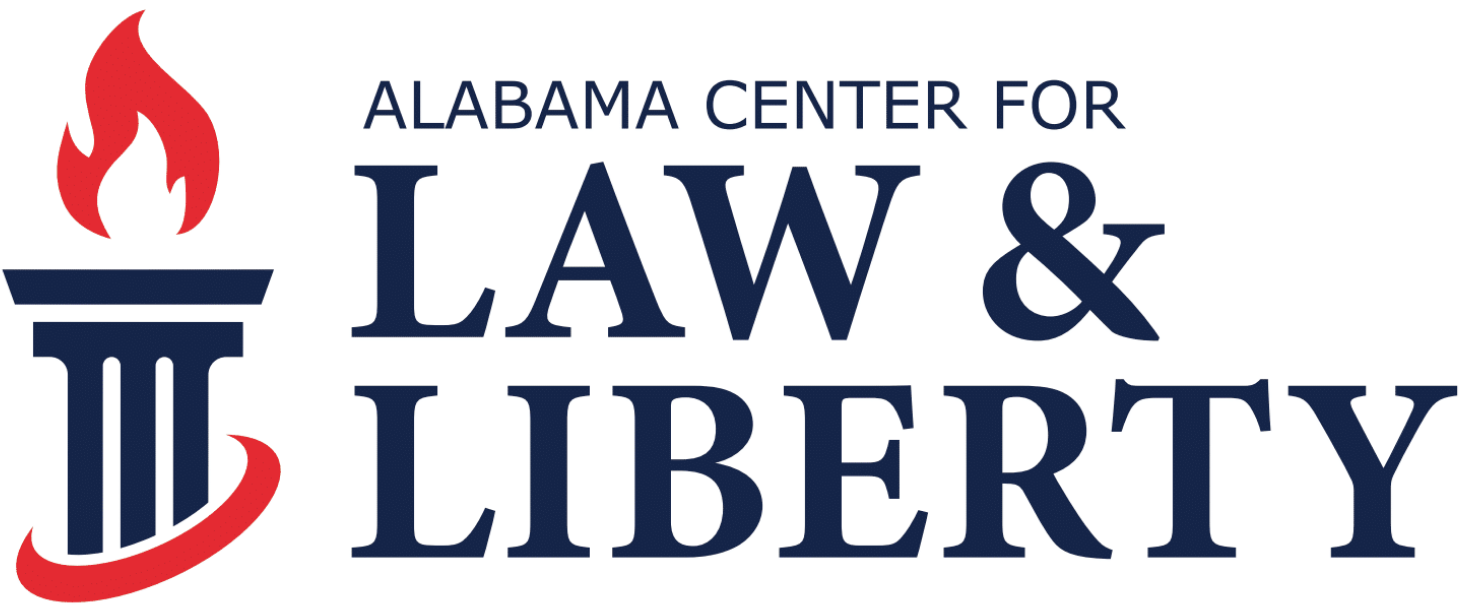FOR IMMEDIATE RELEASE
BIRMINGHAM, AL – On Tuesday, July 5, the Alabama Center for Law and Liberty (“ACLL”), a conservative nonprofit public-interest firm in Birmingham filed an amicus curiae (“friend of the court”) brief in the U.S. Court of Appeals for the Eleventh Circuit defending Alabama’s ban on puberty blockers and cross-sex hormones for children who are struggling with gender dysphoria.
In 2022, the Alabama Legislature passed the Alabama Vulnerable Child Compassion and Protection Act, which banned certain medical procedures for children struggling with gender dysphoria. In relevant part, the Act prevented doctors from giving children puberty blockers and cross-sex hormones (i.e. giving estrogen to males and testosterone to females). A federal district judge enjoined that part of the Act, reasoning that it violated parental rights under the Fourteenth Amendment and the Equal Protection Clause of the Fourteenth Amendment. The State appealed.
ACLL’s brief had two components: (1) it thoroughly analyzed the historical rights of parents over their children and concluded that this did not include the power to change a child’s sex or gender, and (2) it provided a historical analysis of the Equal Protection Clause and concluded the same. Matt Clark, ACLL’s President, said, “At the end of this term, the United States Supreme Court emphasized multiple times that the Constitution needs to be analyzed in light of history. Because of that, ACLL provided the historical background needed to help the Eleventh Circuit comply with the Supreme Court’s methodology.”
ACLL’s brief analyzed the issue of parental rights as discussed by Sir William Blackstone, Chancellor James Kent, and Chief Justice Thomas Cooley of the Michigan Supreme Court, all of whom have been recognized by the U.S. Supreme Court as having a profound impact on American law in the 18th and 19th Centuries. It also analyzed the views of Thaddeus Stevens, Jacob Howard, and John Bingham, who framed the Equal Protection Clause.
Clark also said that historically, the key to understanding parental rights and the Equal Protection Clause was natural law, which could be understood both through reason and the Bible. Clark said, “All of the sources we examined, which indisputably had a profound impact on the Fourteenth Amendment, believed that parental rights and equal protection of the laws should be understood in light of natural law, which could be understood through science and the Scriptures. Because both science and Scripture teach that there are two sexes, any attempt to use the Fourteenth Amendment to create a right to change one’s sex is ahistorical and unconstitutional.”
Clark continued, “The primary objection to including natural law in the historical analysis was the belief that doing so would violate the Establishment Clause. However, in Kennedy v. Bremerton School District, the Supreme Court just abandoned that approach to the Establishment Clause and emphasized that it needs to be understood in light of history. Under that approach, there is nothing wrong with including natural law in constitutional analysis if that is what the Constitution’s text and history require.”
ACLL is a conservative nonprofit legal organization based in Birmingham, Alabama, and it is the litigation arm of the Alabama Policy Institute. For more information, visit ACLL’s website at www.alabamalawandliberty.org.
###
